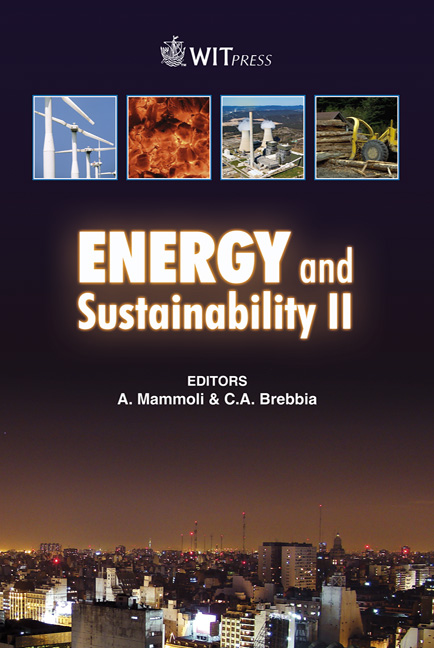Sustainable Energy Policy Choice: An Economic Assessment Of Japanese Renewable Energy Public Support Programs
Price
Free (open access)
Transaction
Volume
121
Pages
10
Published
2009
Size
381 kb
Paper DOI
10.2495/ESUS090211
Copyright
WIT Press
Author(s)
A. Suwa, K. Noda, T. Oka & K. Watanabe
Abstract
Given the associated environmental and economic benefits, electricity from renewable energy sources (RES-Es) is expected to play a significant role in shaping the human energy future. For the development of RES-E, the Japanese government introduced a national public support system based on a renewable portfolio standard (RPS) scheme. There is, however, a gap in the international and domestic literature about the Japanese renewable deployment policy. As a result, lessons to be learned from the Japanese experience have not been shared by the academic community. This paper fills this gap by paying a focused attention on the Japanese renewable portfolio standard (J-RPS) scheme, with an assessment on whether the scheme is promoting effective and efficient RES-E development. It reveals how certain types of RES-Es are marginalized from the market under the RPS equimarginality rule. Clear policy recommendations are made for a better design of the J-RPS, based on the exclusive empirical analysis. Keywords: renewable energy, feed-in tariff, renewable portfolio standard.
Keywords
renewable energy, feed-in tariff, renewable portfolio standard





